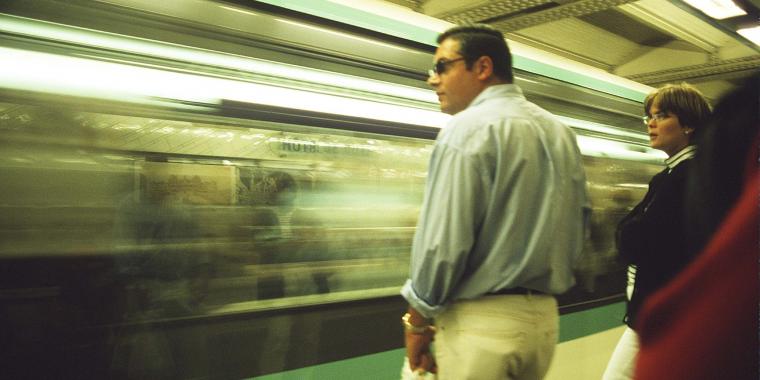
Letter Supporting Extension of Mass Transit Benefit
12/13/11: Last week, in this attached letter to the House leadership, a coalition of fifty members of the House of Representatives urged that any year end legislation include language maintaining parity between the parking and mass transit portions of the transportation fringe benefit. Without congressional action, the transit portion of the transportation benefit would revert to $125 per month from its current level of $230, at the end of the year.
In their letter to House leaders, the coalition noted that failing to maintain parity between the transit and parking benefits would result in a cost increase of nearly $1,000 a year on millions of working Americans. The letter also noted that by encouraging greater use of public transportation, the transit benefit helped ease traffic congestion, reduced dependency on foreign oil, and provided an economic incentive for those employers who offer it.
NTEU strongly supports the coalition’s call for action by the end of the year to maintain parity between the transit and parking fringe benefits. NTEU has been very active on this issue, and has twice written to every member of the House and Senate in support of legislation (H.R. 2412/S. 1034) the “Commuter Benefits Equity Act of 2011,” that would prevent a reduction in the transit benefit to $125/month by permanently establishing parity with the parking portion of the transportation fringe benefit.
“Eliminating the mass-transit credit would take a cut out of the paychecks of hardworking middle-class families trying to get by in an already tough economy,” Sen. Ben Cardin, a Finance Committee member and a signer of the Friday letter, recently noted. “Promoting the use of mass transit helps our workers but it also helps reduce traffic congestion on our region’s highways and improve air quality by taking thousands of cars off the road.”
NTEU will continue to do all it can to ensure that parity between the transit and parking benefits is maintained, so that the tens of thousands of federal employees who use public transportation to get to and from work continue to receive much needed relief in their commuting costs.
